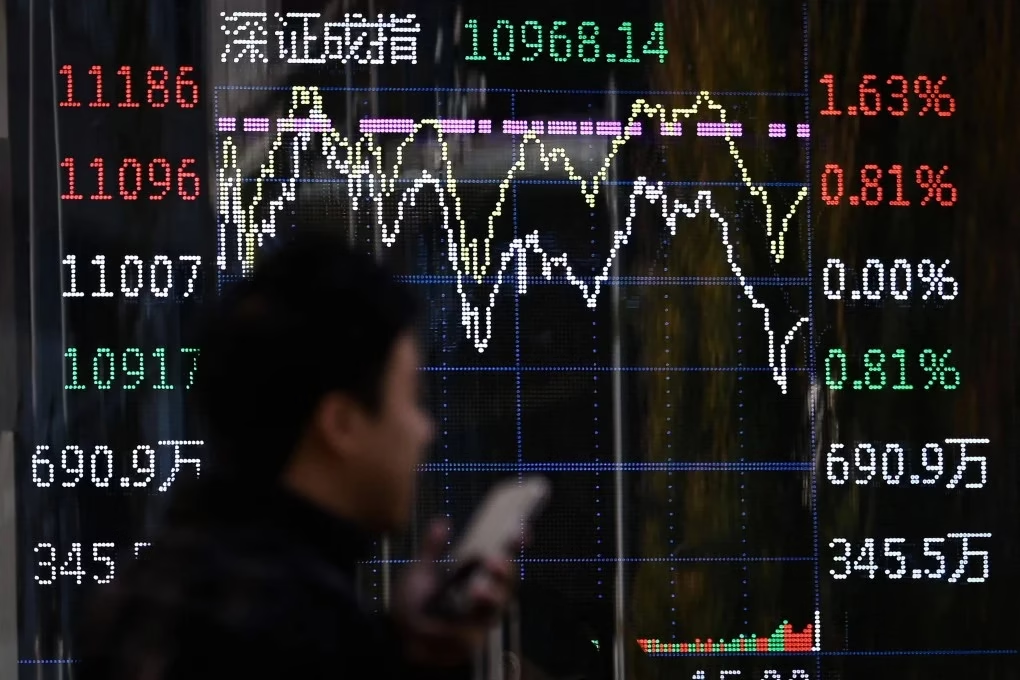The Japanese yen eased on Tuesday, surrendering some of its safe-haven gains as investors assessed the potential impact of a Chinese startup’s innovative open-source artificial intelligence model. Simultaneously, fresh tariff threats weighed on the euro.
The U.S. dollar stabilized after a sharp drop overnight, triggered by the unveiling of China’s DeepSeek AI assistant, which claims to operate using lower-cost chips and minimal data. This development challenges longstanding market assumptions that have bolstered U.S. tech stocks, particularly chipmaker Nvidia.
Nvidia’s shares plunged 17% on Monday, wiping out $593 billion in market value—the largest single-day loss for any company in Wall Street history. The broader tech sector followed suit, dragging the S&P 500 down 1.46%.
DeepSeek’s announcement overshadowed even the Bank of Japan’s recent hawkish stance. “The volatility sparked by DeepSeek’s AI news shows its significance for traders,” said Matt Simpson, a senior market analyst at City Index. The dollar gained 0.7% against the yen, recovering to 155.70 after the yen surged to 153.715 on Monday, its strongest level since mid-December.
The euro fell 0.6% to $1.0428 ahead of a European Central Bank meeting, where a rate cut is expected. Adding to the pressure, former U.S. President Donald Trump hinted at imposing tariffs on imported chips, pharmaceuticals, and steel to encourage domestic production.
Trump’s tariff rhetoric comes amidst broader trade tensions, with potential 25% duties on Canadian and Mexican imports looming on February 1. Kieran Williams, head of Asia FX at InTouch Capital Markets, noted that tariffs would remain a focal point for markets in the near term.
The dollar index edged up 0.13% to 107.94 after hitting its lowest level since mid-December on Monday. Meanwhile, the yield on the 10-year U.S. Treasury note dropped to a one-month low of 4.561%, reflecting a flight to safer assets.
The Federal Reserve begins its two-day meeting on Tuesday and is expected to maintain interest rates. Investors will watch for signs of potential rate cuts as inflation trends closer to the Fed’s 2% target. Fed officials have already factored in potential economic effects of Trump’s trade and immigration policies, predicting slower growth and higher unemployment for the year.
Elsewhere, sterling slipped 0.4% to $1.2441, and risk-sensitive currencies like the Australian and New Zealand dollars extended their losses. Bitcoin traded at $101,421, far from its record high of $109,071 reached last week amid optimism about friendlier cryptocurrency regulations under Trump.



